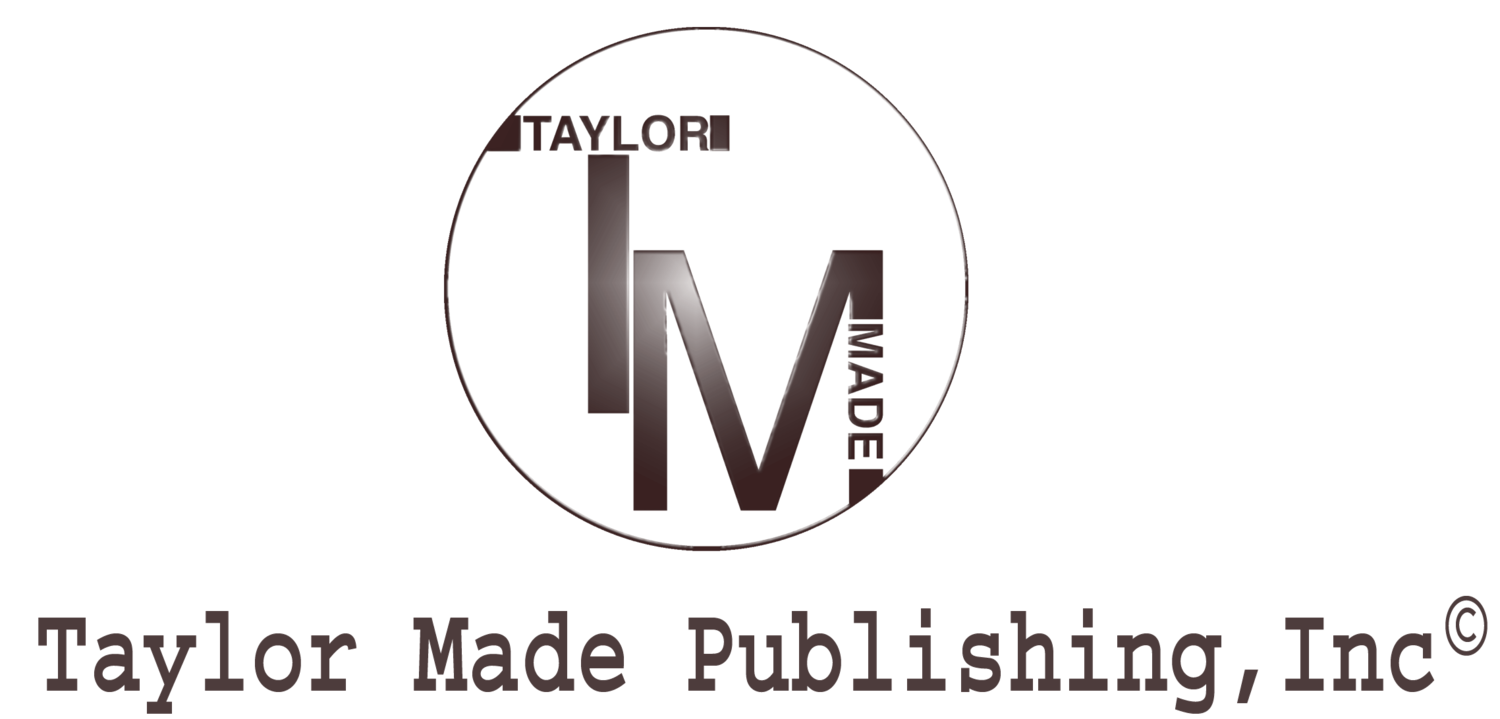1 – What do you want to write about? Toni Morrison said it best, “If there's a book that you want to read, but it hasn't been written yet, then you must write it.” So ask yourself, what is burning inside, what do you just have to say. I started this publishing company because I believe that each us has at least one book "in" us. Your passion will lead to your purpose. So ask yourself, what are you passionate about, what's your message and who needs to hear it? That leads to step 2.
2 – Why your book is unique. Who is your audience or to be more specific your reader? Who is looking for the book that you haven't written yet? Is it natural hair enthusiasts; is it Vegan Soul Food fanatics? What hole in the current book market do you intend to fill.
3 – Find 3-5 books that you think are similar to your idea. Whatever your topic, whatever your market, and no matter your innovation, I guarantee there is no new idea. Someone else has thought about it and probably has written about it. Now of course you will market yours better and sell more units, but know your competition and use it to your advantage. Find books with similar ideas. Plus you will need that research later in the process, the price of their book, number of pages etc...
4 – You need to create an outline and table of contents for your book. When I was a college instructor the weight of an outline was always high in the grading process. An outline is your navigation and should be used not just for writing, but also for public speaking and meetings. I use one of some sort every day. I can always tell when someone submits a manuscript and the author didn't use an outline. While it's true that not all books will print a table of contents, have one anyway. It will keep you focused and make your editor happy.
5 – Write Every Day. If you wish to be a writer.... write. Authors, write. Commit to writing 45 minutes to an hour each day. The more you write the easier it becomes and the better you get. Like anything else in life, practice makes you better. Yes better, not perfect. There is no such thing as perfect writing that's why we have pencils and erasers and now backspace and delete buttons.
6 – Create a synopsis. Take time to condense and articulate the purpose of your book. Write it like you are writing to potential readers and publishers. In a short concise manner tell us why your book is the next BIG thing.
7 – Be Your brand. Being an author is a big deal. When you have something in the Library of Congress, you are leaving a footprint in history. You should take that seriously. Once you've decided to make that leap, then live it, own it and be it. Create a logo with your book and help readers identify not just a title, but with you. Online sales are great and they will come (that's a discussion for another day), but the reality is people will also buy your book because of you. So be ready...always.
8 – Will you Self-Publish or look for an agent or Publisher. I could write a book about this one, but not today. I will condense it to say there are pros and cons to self-publishing and finding a publisher. Do the research, weigh your options and decide which one is best for you. If you have a built in audience, marketing experience and time to learn all the aspects of publishing a book and prefer to have full creative control...then self-publishing may be for you. If you are new on the scene but a great writer, then you may want to invest in an agent. If you have an excellent manuscript, tough skin, patience and resilience and are okay with submitting some creative control, try your luck finding a publisher.
9 – There are lessons in every no. As sure as you write a book, someone is not going to see your whole vision. Someone is not going to like it, read it or buy it. So in every no, ask yourself if there's a lesson. When I reject a manuscript I send a short description as to why. Since I started out as an author, it still breaks my heart to say no. However, I always have the hope that they will take our thoughts into consideration and take what they have and make it better. Don't through in the towel, listen and see if there's something you can tweak.
10 – Don’t expect to get rich from writing a book! Your book is a tool to larger platforms of success. It will help validate you, your story, your expertise, but don't expect it to be all you need. Think about your book as an instrument on your tool belt, it's something you always have and can pull out when the time is right.
